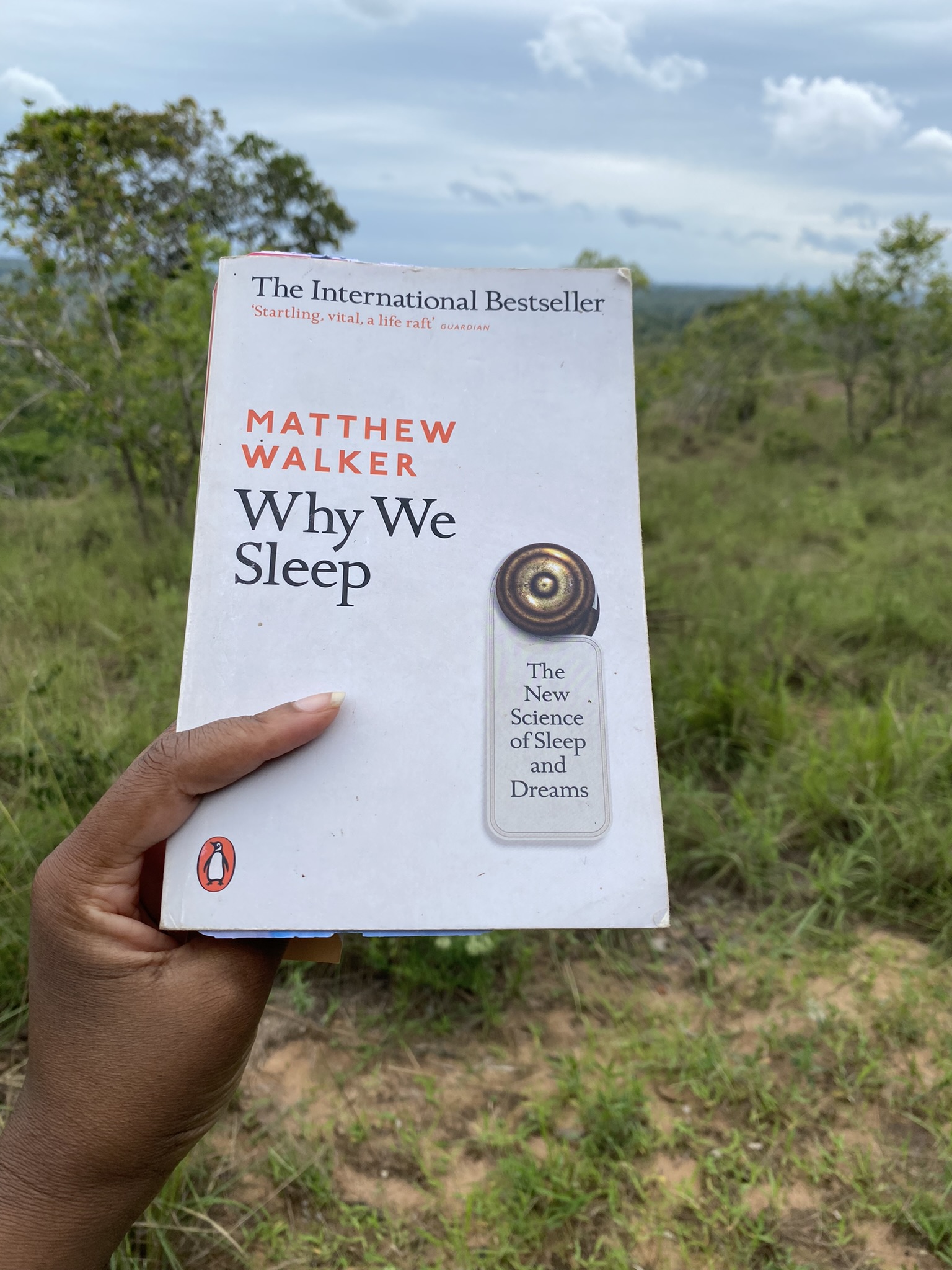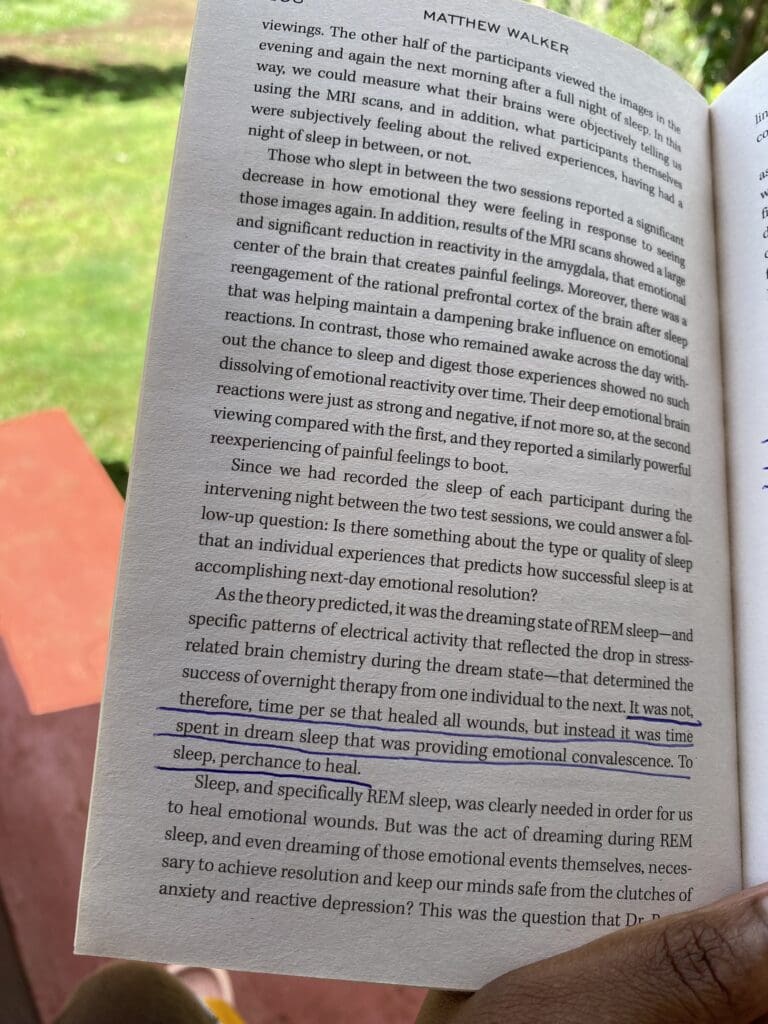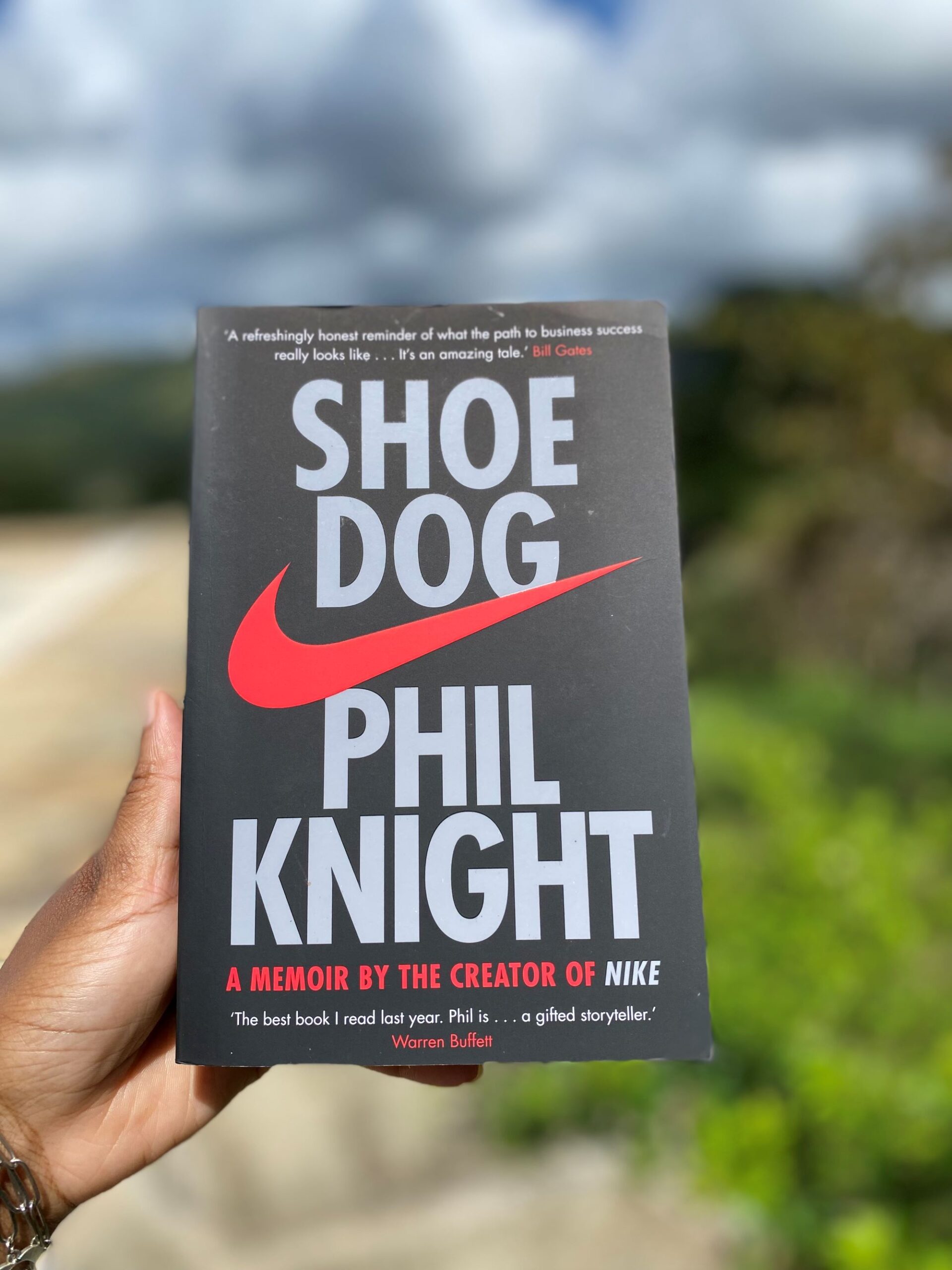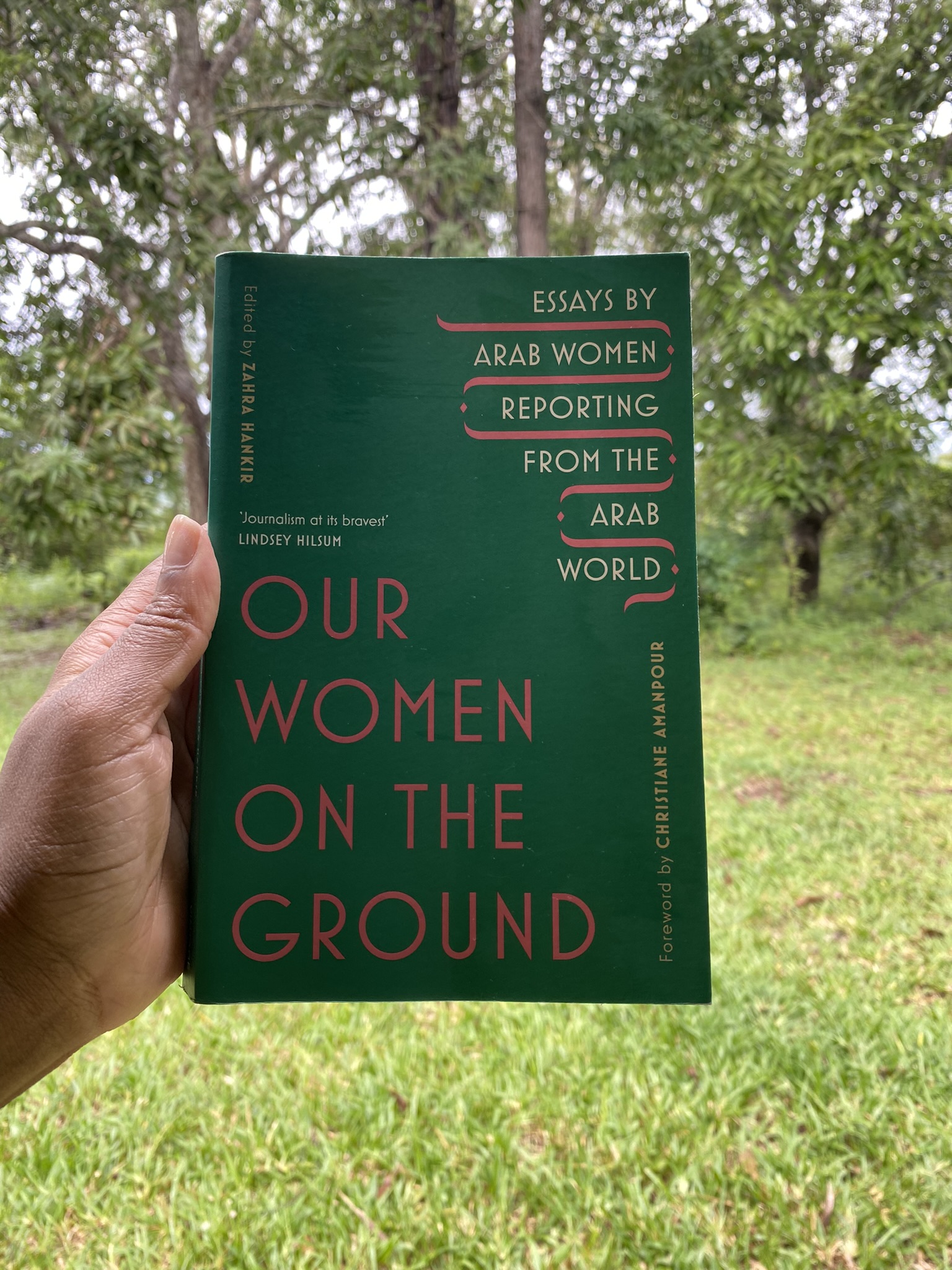
Why We Sleep by Matthew Walker
Disclosure: This website uses affiliate links, which may earn a commission at no additional cost to you. As an Amazon Associate, I earn from qualifying purchases.
About the Book
Title: Why We Sleep: Unlocking the Power of Sleep and Dreams
Author: Matthew Walker
Genre: Nonfiction, Science, Health, Psychology, Self Help
Publisher: Scribner
Publication Date: February 2018
Pages: 368, Paperback
If you have to read only one book this year, I highly recommend Why We Sleep by Matthew Walker.
Those who know me will tell you that I love my sleep. And the more sleep I have, the happier and more active I will be during my optimal working hours. And, perhaps, friendlier, too. Anyone else feel the same? Or, you are not a morning person, but because of work, you have to get up early. Still, you struggle and are always exhausted. Here’s another example, you are trying hard to study and cram or are stuck on a task at work. If you get some good sleep, the details are less hazy the following morning. Heck, you even remember more of what you read or the details of the task you have been stuck on become less difficult. I have experienced dreams of accounting and finance tasks I’ve been stuck on, giving me solutions that were so badly needed.
I never really made the connection between such things and how many hours of sleep I get. Until I read Why We Sleep by Matthew Walker.
Get Your Copy of Why We Sleep by Matthew Walker
Why We Sleep Book Review
In Why We Sleep, Walker, a sleep scientist with extensive experience and who has published a lot of work in this field, takes us through sleep science. From what sleep is to the different types of sleep we go through at night (REM & NREM), the importance of each type of sleep, what happens in our bodies when we go to sleep, and how sleep affects the various aspects of our lives.
Lack of enough sleep, even by just a few minutes or hours, compromises your health a great deal. Think of illnesses like Alzheimer’s, heart attack, certain cancers, our metabolism, reproductive system, or falling asleep while driving.
Besides sleep, the author also talks about the importance of dreaming, including how it plays a significant role in developing our brains, retaining memory, improving our creativity, and even healing painful and emotional events in our lives.
“It is said that time heals all wounds… REM sleep dreaming offers a form of overnight therapy. That is, REM-sleep dreaming takes the painful sting out of difficult, even traumatic, emotional episodes you have experienced during the day, offering emotional resolution when you awake the next morning.”
– Why We Sleep, Matthew Walker

Get Your Copy of Why We Sleep by Matthew Walker
It’s clear that sleep is vital in every stage of our lives. But we have taken sleeping too lightly. Not just as we grow up and enter the workforce but also for our young ones. I am sure you have seen young children wait for school buses in the wee hours of the morning. Those are the best hours for them to enter into REM sleep—the dream sleep that should be helping their memory, creativity and much more.
We stay in offices late into the night just so we can finish a report or two. We have idolized a certain mentality that sleep is for the lazy. That we will get enough rest when we are older. Or dead, as I’ve often heard the adults around me say whenever you need extra sleep. Or, sleeping for at least four hours on weekdays and making up for it over the weekends is enough. But, unfortunately, it doesn’t work like that. You cannot make up for the lost sleep hours.
I will be honest; all the research the author pointed out that shows the side effects of lacking enough sleep was horrific. I was scared. In fact, I am still frightened. I am changing my sleeping habits to ensure I get the recommended amount of sleep. The author has even provided a few pointers about improving your sleep. But I keep asking myself, is there hope if society doesn’t change its thinking about sleep?
For instance, most of society is made up of “morning types”, also morning larks. That’s about 40% of the population (data from the book). These individuals prefer waking up at or around dawn. Then, there are “evening types” or night owls (30%) who like going to bed late and waking up late in the morning or afternoon. The remaining 30% is caught between these two groups, usually leaning more toward eveningness.
But if you look at most of society’s settings, it favors the morning types. From early morning classes in schools to early working hours. Rarely do employers have a schedule that can accommodate the “evening types” and the third group. Which means that many of us in these groups have gone for years without enough sleep. And we may continue getting less sleep because our rhythm and biological wiring (chronotype) make it hard for us to fall asleep early in the evenings.
But there is hope. The progress is slow, but maybe, one day, we will all feel the changes. Some schools and companies, like NASA, Nike and Google, are already implementing the necessary changes to encourage their employees to get enough sleep. So perhaps, one day soon, your kid’s school, your employer and even yourself will realize the benefits of sleep and start implementing the necessary changes.
And that’s why I believe Why We Sleep and any book about sleep should be on everyone’s bookshelf.
Looking for more book recommendations, check out my other reviews
My ★ Rating 5.0
Goodreads ★ Rating 4.38 (as of May 2023)






